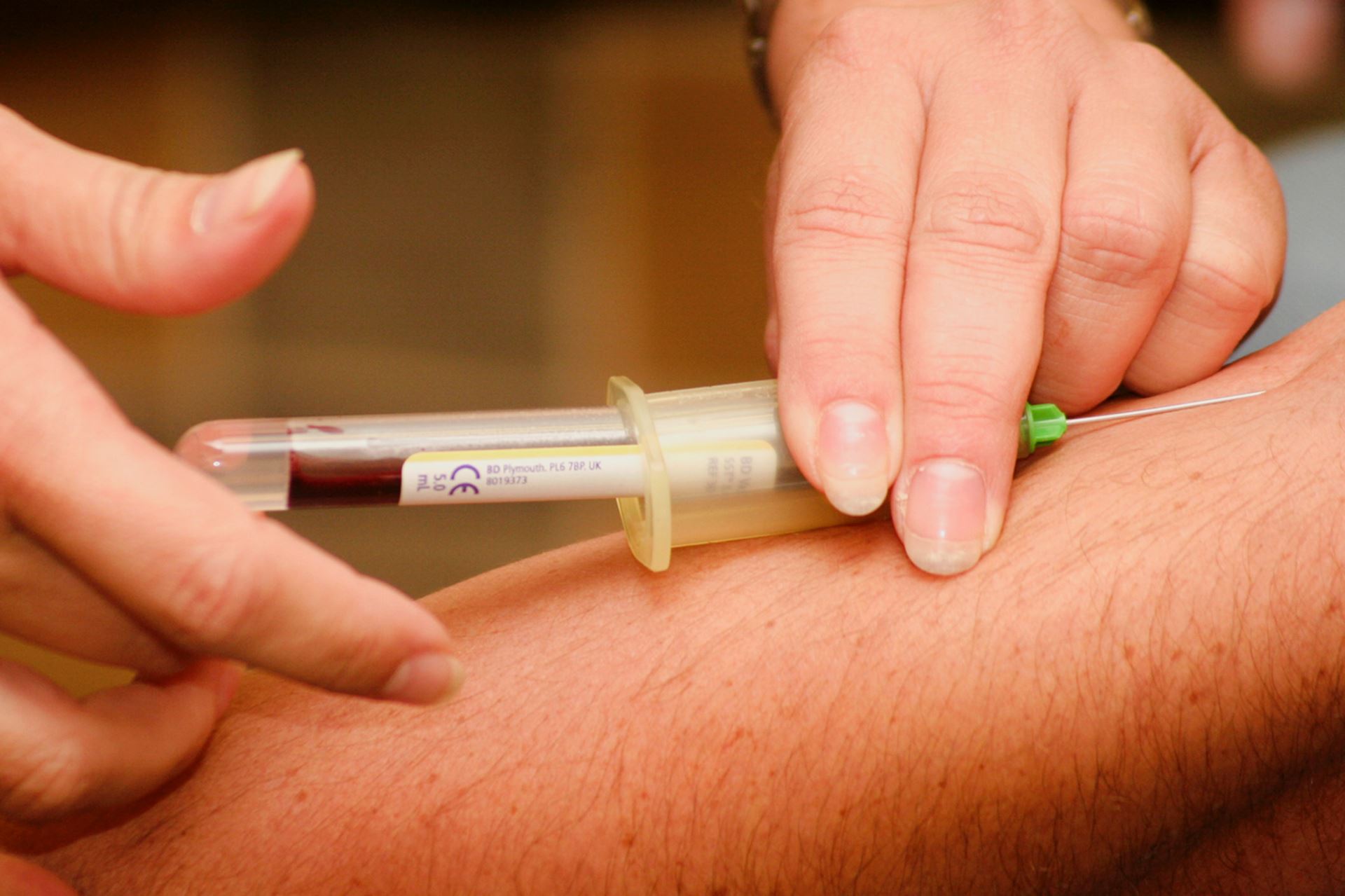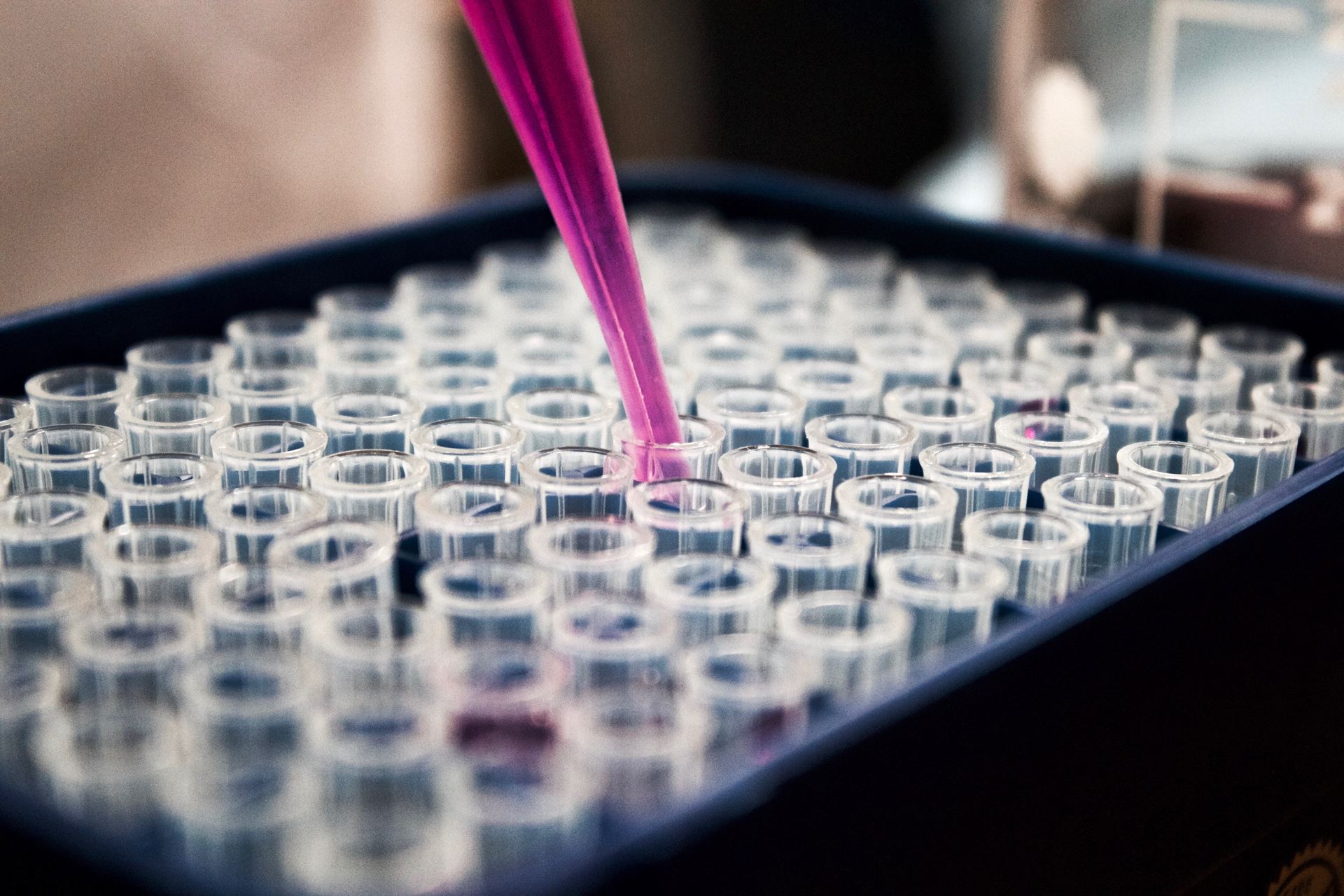Samples (blood, urine, etc) are collected by the hospital courier daily. In order for tests to be successfully processed and avoid unnecessary delays at the hospital laboratories, please bring your sample to the surgery in the morning, before 11.30am.
Please ensure all labels are completed correctly ensuring your name and date of birth are on the form and sample container.


